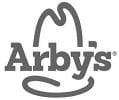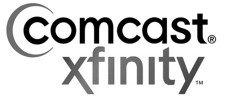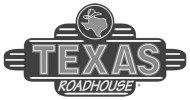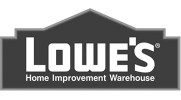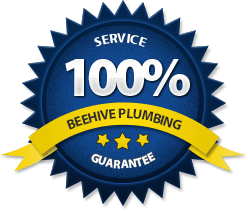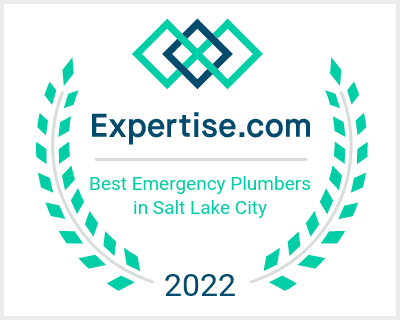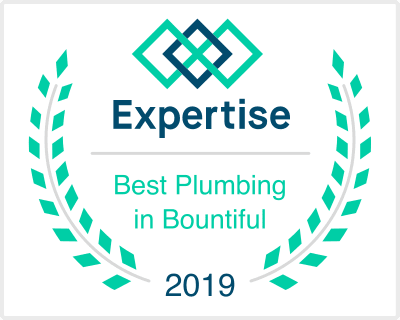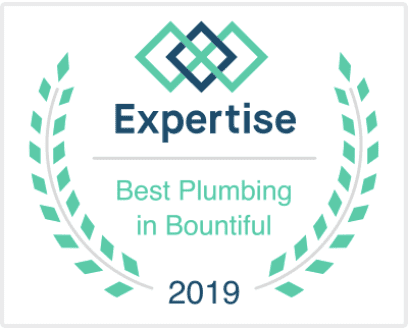Water softeners are essential in Northern Utah, so it’s important for households to understand the differences between electric and non-electric units!

The ‘hard truth’ that Northern Utah households need to come to terms with is that your property’s water supply is going to be hard if you don’t have a water softener installed within your plumbing system. Hard water refers to a water supply that contains many different types of metals and sediment buildup, including calcium and magnesium.
Although hard water isn’t considered to be seriously harmful for human health, it has been proven that it can rather quickly damage your pipes, household appliances, skin and hair. This is why it’s important for homeowners throughout Northern Utah to install water softeners in their homes, and why it’s important for everyone in our community to understand the differences between electric water softeners and non-electric counterparts.
Below our Master Plumbers will be providing a comprehensive overview detailing what you need to know about water softeners, how certain models work, and the pros/cons of each plumbing investment so you can know which model is right for your home!
What Do Water Softeners Actually Do For Your Home’s Plumbing System?
In order to fully understand the differences between non-electric and electric water softener systems, you’re first going to need to understand the fundamentals of water softener functionality.
Water softeners are incredible plumbing innovations that filter out hard water minerals as they enter your home’s plumbing system by instilling a barrier that effectively sieves out all the impurities you don’t want. This type of barrier is usually made of resin beads that attract all sorts of different minerals that make municipal water supplies hard, so the water that ends up coming out of your showers and sinks will be softer and free of damaging additives once it goes through the resin beads.
Once your resin beads have collected a significant amount of buildup, they’ll need to be regenerated by washing a special solution over the resin so that the impurities can be cleared away.
Electric Water Softener Functionality
Electric water softeners work via an automatic timer, which is very different as compared to non-electric water softeners. The automatic timer is connected to your home’s power supply, which lets the unit know when the water softener needs to undergo its regeneration process.
Most electric water softeners will automatically regenerate themselves once or twice each day.
Non-Electric Water Softener Functionality
Non-electric water softeners utilize a volume system that helps the unit ultimately determine when the resin needs to be flushed, and these units don’t need to be connected to a power supply. Many plumbing professionals will also refer to these water softeners as mechanical softeners, and this is because the unit itself will keep track of the water supply that’s been adjusted as it automatically schedules its system flushes.
Pros/Cons of Each Water Softener Model
Both non-electric and electric water softeners will come with their own unique perks.
One significant pro for electric water softeners is that you’ll never have to worry about when the unit will go through its regeneration process, but the downside is that this unit can sometimes waste water if you’re not using a significant amount of water on a daily basis. For instance, if your electric unit is set up to regenerate every 12 hours, your unit will regenerate itself even if you didn’t use that much water during any specific time period. Electric parts are also prone to wearing over long periods of time, which can make these units more prone to repairs.
Non-electric water softeners are generally much easier to maintain; however, they also tend to come with higher up-front and installation costs.
Which Type of Water Softener Is Right For Your Northern Utah Home?
When it comes down to it, you’ll have to keep your home’s unique needs in mind while you’re deciding which type of water softener is right for you. If you’re very busy and use many gallons of water each day, then you may be better off with a non-electric unit that’s great at handling high volumes of water. If you want to set up a budget-friendly unit and forget about it, then an electric unit could be the right fit.
Beehive Plumbing has supported thousands of homes and businesses throughout Northern Utah when it comes to alleviating their issues oriented around hard water, and our Master Plumbers will come to your home and make sure that you’re getting the right type of water softener functionality to meet your unique preferences.
Contact us online or call us at 801-661-8155 to get in touch with our team today and learn more about how we can support your household today with one of our state-of-the-art water softeners!
